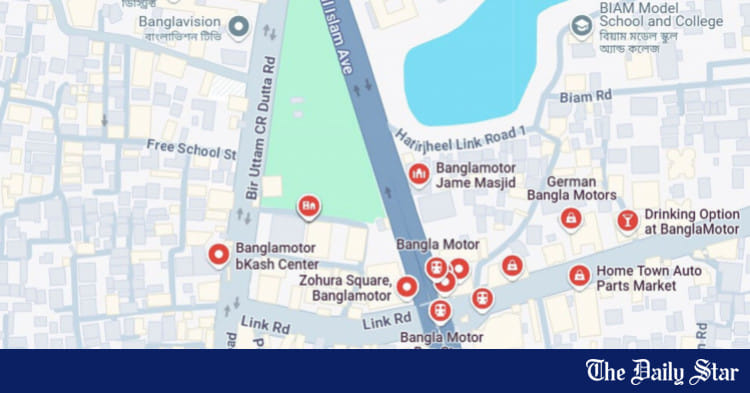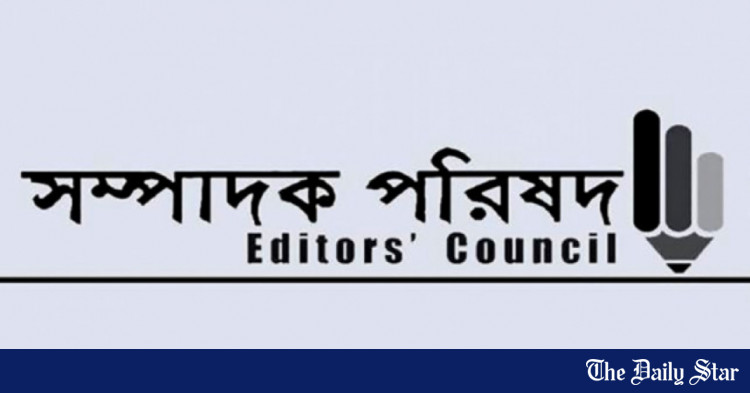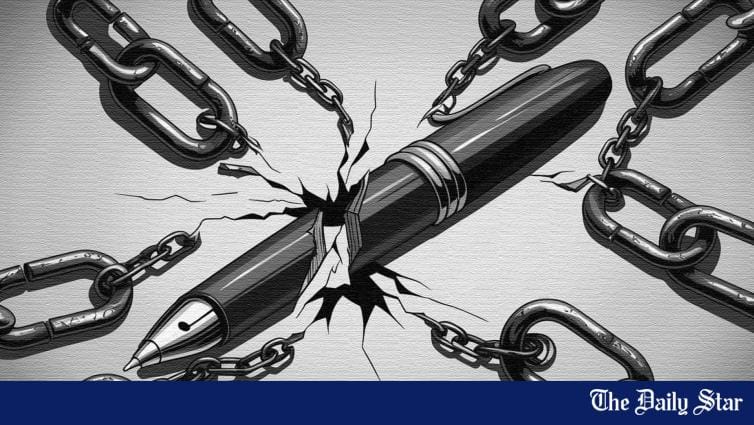Saif
Senior Member
- Joined
- Jan 24, 2024
- Messages
- 15,397
- Reaction score
- 7,874
- Nation

- Residence

- Axis Group


Proper reforms will strengthen the media
The changes proposed by the Media Reform Commission will address journalist vulnerabilities.
Proper reforms will strengthen the media
Proposed changes by media commission to address journalist vulnerabilities

VISUAL: STAR
We welcome the long-overdue official conversation on legislating protection for journalists in Bangladesh. The chief of the Media Reform Commission recently announced plans to recommend a new law to safeguard journalists, as well as amending 32 existing laws that hinder press freedom. Such initiatives are critical if we want a media industry that can truly serve as the fourth pillar of democracy, holding those in power accountable.
At a recent dialogue in Dhaka, the commission chief also underscored the importance of financial security for journalists, advocating for a minimum floor wage applicable nationwide. This statement coincides with the unveiling of findings from a Broadcast Journalist Center (BJC) survey that revealed that over half of the country's TV channels are failing to pay their employees on time, while at least 20 percent owe workers several months' salaries. The survey also found that less than 25 percent of channels provide provident funds, and only 10 percent offer gratuities. Similar challenges plague many print outlets as well. Alarmingly, especially outside Dhaka, journalists often have to juggle multiple roles—as reporters, ad procurers, and salespeople—leaving them vulnerable to corruption and exploitation.
Physical security remains another major concern. Reports of journalists facing attacks—sometimes fatal—while pursuing their work are far too frequent. We cannot forget the tragic death of Golam Rabbani Nadeem, district correspondent of Banglanews24.com and Ekattor TV, who was beaten to death after reporting on a local upazila parishad chairman's activities in Jamalpur. Equally haunting is the unresolved case of journalist couple Sagar Sarowar and Meherun Runi, who were murdered in their home 12 years ago, with justice still eluding their families.
In addition to these risks, journalists also face job insecurity. According to the BJC survey, at least 150 TV journalists lost their jobs this year alone. Expecting journalists to uphold high standards under such conditions is not only unrealistic, but also inhumane. This is why we applaud the Media Reform Commission's initiative to address these systemic issues. Reforms must ensure that the press is free from government interference and undue influence from powerful entities. Introducing a uniform code of conduct, aligned with international best practices, could help promote ethical and high-quality journalism.
Such measures are crucial to fostering a media landscape capable of holding power to account. We eagerly await substantive reforms that will enable journalists to thrive professionally and contribute to a more transparent, accountable society. Independent, fact-based journalism benefits everyone—and its sustainability depends on the authorities' commitment to ensuring journalists' well-being.
Proposed changes by media commission to address journalist vulnerabilities
VISUAL: STAR
We welcome the long-overdue official conversation on legislating protection for journalists in Bangladesh. The chief of the Media Reform Commission recently announced plans to recommend a new law to safeguard journalists, as well as amending 32 existing laws that hinder press freedom. Such initiatives are critical if we want a media industry that can truly serve as the fourth pillar of democracy, holding those in power accountable.
At a recent dialogue in Dhaka, the commission chief also underscored the importance of financial security for journalists, advocating for a minimum floor wage applicable nationwide. This statement coincides with the unveiling of findings from a Broadcast Journalist Center (BJC) survey that revealed that over half of the country's TV channels are failing to pay their employees on time, while at least 20 percent owe workers several months' salaries. The survey also found that less than 25 percent of channels provide provident funds, and only 10 percent offer gratuities. Similar challenges plague many print outlets as well. Alarmingly, especially outside Dhaka, journalists often have to juggle multiple roles—as reporters, ad procurers, and salespeople—leaving them vulnerable to corruption and exploitation.
Physical security remains another major concern. Reports of journalists facing attacks—sometimes fatal—while pursuing their work are far too frequent. We cannot forget the tragic death of Golam Rabbani Nadeem, district correspondent of Banglanews24.com and Ekattor TV, who was beaten to death after reporting on a local upazila parishad chairman's activities in Jamalpur. Equally haunting is the unresolved case of journalist couple Sagar Sarowar and Meherun Runi, who were murdered in their home 12 years ago, with justice still eluding their families.
In addition to these risks, journalists also face job insecurity. According to the BJC survey, at least 150 TV journalists lost their jobs this year alone. Expecting journalists to uphold high standards under such conditions is not only unrealistic, but also inhumane. This is why we applaud the Media Reform Commission's initiative to address these systemic issues. Reforms must ensure that the press is free from government interference and undue influence from powerful entities. Introducing a uniform code of conduct, aligned with international best practices, could help promote ethical and high-quality journalism.
Such measures are crucial to fostering a media landscape capable of holding power to account. We eagerly await substantive reforms that will enable journalists to thrive professionally and contribute to a more transparent, accountable society. Independent, fact-based journalism benefits everyone—and its sustainability depends on the authorities' commitment to ensuring journalists' well-being.




